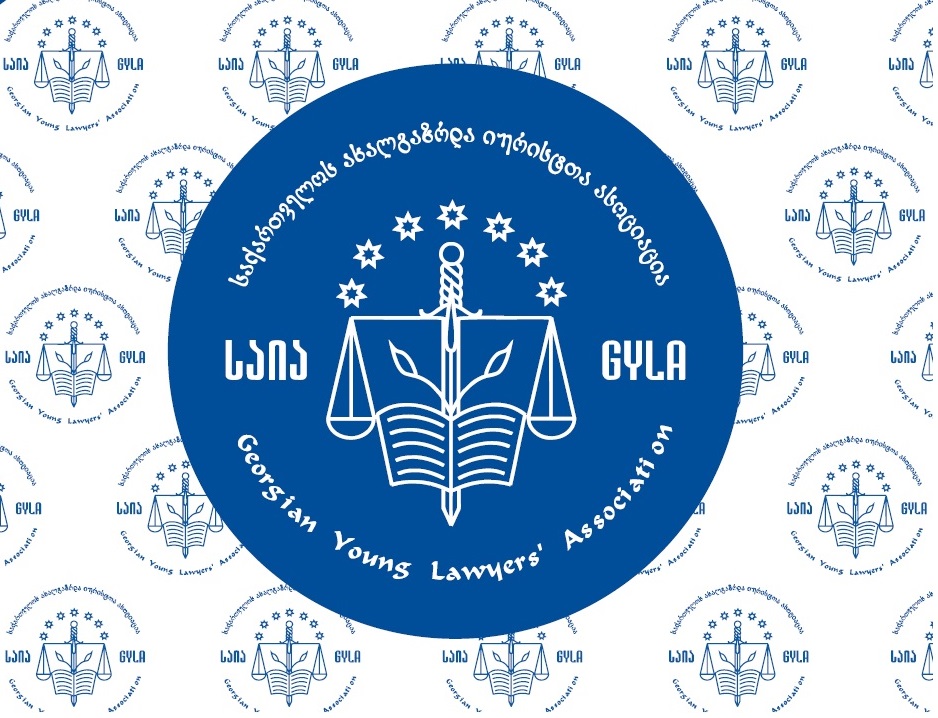


Georgian Young Lawyers’ Association (GYLA) makes a statement on wide scale pardoning initiative of the President of Georgia (extinguishing of previous convictions, additional punishments and probation sentences).
Pardoning is the President’s Constitutional right. Furthermore, pardoning is a humane act and in view of noble aims of the similar actions (resocialization of the convicted) the initiative should be welcomed. We, however, consider that all actions of the President (the state) should be in line with Georgian legislation and fundamental principles of the rule of law state. It is especially vital when the President’s pardoning initiative might be considered by public as part of the state policy rather than as one-term act aimed for resocialization of specific individuals.
Legislation of Georgia highlights that, act of pardon is based on individual discussion of cases that might be preceded by detailed examination of the case, as opposed to amnesty. To say in other words, filing of application by the interested person should not be pro-forma, whereas the President’s initiative on wide-scale pardoning comes in conflict with the principles.
Observance of the principle of individual examination of cases is especially important for the following circumstances:
Extinguishing (annulling) of previous convictions has far-reaching effect for an individual as well as for public. Namely, previous convictions are taken into account while solving the issue of criminal liability, qualification of offence and other issues. Without examination of details of the cases, there is risk that annulling of previous convictions might stimulate further offences with guarantee of more lenient sentence in case of repeated offence.
In addition, according to Georgian Legislation, previous convictions are hindering factors for employment in the Police or in public service. However, if previous convictions are extinguished, an individual can easily return to the system even if he previously was convicted of inhuman treatment or dispersal of rally. Such events might instigate feeling of impunity in public and they might feel unprotected from the offenders that will ruin public trust to key state institutions (such as police, prosecution, penitentiary institution and others).
Apart from individuals convicted of inhuman treatment, act of pardon will also apply to those who have committed serious crimes or grave offences: such as rape, illegal deprivation of liberty, deliberate illegal arrest or detention, robbery or drug offences and others. In addition, individuals who have committed minor crimes, however, inflicted indirect harm on democratic order and fundamental human rights enshrined in the Constitution, rather than only on specific individuals, will also be pardoned. These offences include: violation of freedom of speech, illegal interference in journalists’ professional activities and violation of the right to assembly and manifestation.
Pardoning of such serious offenders without studying the cases individually and determining if the convicted with its conduct and style of life really deserves such privilege, might be considered by public as expression of state’s loyal policy to number of serious offences.
In addition, one term wide-scale pardoning act might generate the feeling of injustice among detainees, whereas if on the other hand wide-scale pardoning will become systematic, it might prejudice justice system and will diminish effectiveness of criminal justice.
Further, it should be noted that applicable legislation grants to the President opportunity to avoid legislative norms and to take decision on pardoning independently. Exercise of discretionary and factually unlimited power requires more prudence in the pardoning process with a view to protect public interest and to retain public trust and respect to the law and state institutions.
It should also be noted that practically identical act was already implemented in Georgia in the nearest past on the basis of the “Amnesty Law”. However, it is important to specify that as opposed to pardon, amnesty is carried out individually in terms of indefinite scope of individuals. Moreover, the amnesty was implemented by the Parliament as one term, temporary and extraordinary measure (that is highlighted in the law) and aimed alleviation of critical conditions in penitentiaries (overcrowding, disproportionally high sentences resulted from “zero tolerance” policy and principle of summing up of sentences, facts of torture and ill-treatment, critical health condition of prisoners and other). Though GYLA always welcomes humane decisions of state agencies, in the given case wide-scale pardoning act with ignorance of individual case examination principle may have negative effects (we have discussed it above already), especially if considering that Georgian legislation envisages alternative way for attaining noble aims of resocialization by inflicting less harm to public. This is extinguishing of previous convictions through application to the court that makes decisions with observance of individual case examination principle.
And the last, if we consider that during the years the President himself was initiator and supporter of the strict criminal justice policy, his new initiative two month earlier before the election might aim increase of level of satisfaction among electorate, that on its side is the part of pre-election campaign and may be considered as use of administrative resources by the President. Copenhagen document explicitly obliges the state to ensure separation of state and political party activities and to refrain from application of administrative resources for political party purposes.
ჯ. კახიძის #15, თბილისი, საქართველო, 0102 ; ტელ: (995 32) 95 23 53; ფაქსი: (995 32) 92 32 11; ელ-ფოსტა: gyla@gyla.ge; www.gyla.ge
15, J. Kakhidze str. 0102, Tbilisi, Georgia. Tel: (995 32) 95 23 53; Fax: (995 32) 92 32 11; E-mail: gyla@gyla.ge; www.gyla.ge